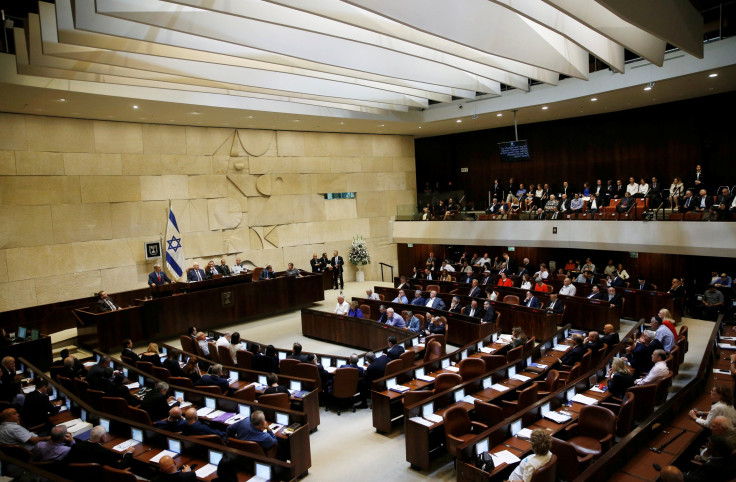Israelis Working With Palestine: Knesset Inaugurates ‘Jewish-Muslim Ties Caucus’ To Push For Peace In The Region

Despite a long history of strained relations, Israel’s Knesset members from diverse backgrounds came together Tuesday to inaugurate the Jewish-Muslim Ties Caucus. The event was also attended by religious leaders from both faiths.
“We are now at a period in which hatred, alienation, stereotypes and prejudice are the dominant voice in our lives,” said Knesset member Zouheir Bahloul, of the Zionist Union, according to the Jerusalem Post. “Now when we meet and try to create this form of productive dialogue – which is a direct continuation of the meeting we held before [on the ‘muezzin bill’], I see it as a ray of hope that could revive the faith of coexistence in our shared land.”
Knesset members Yehudah Glick, of Prime Minister Benjamin Netanyahu’s Likud Party, and Bahloul led the initiative based on the value of life in both religions. Bahloul reportedly said: “There is nothing more valuable or stronger than this gathering here.”
Prominent clerics and public figures from Judaism and Islam — like Dr. Ziad Zahalka, the chief qadi of the sharia courts in Israel, former chief rabbinate director Oded Wiener, Sheikh Muhammad Sharif, head of the Ahmadi group in Israel as well as Chief Rabbi of Dimona Yitzchok Elefant — attended the conference aimed at fostering peace between followers of the two religions.
“Peace is not just a comfortable solution that would prevent us from fighting, it is much deeper,” Glick said. “Peace is the name of god. We must have this discussion here because there are people who defame Judaism and Islam with no reason.”
The unrest between the two religions dates back several centuries and the bitterness has manifested itself in the form of violence and wars over the years. The current public discourse is still divisive but voices like Bahloul and Glick are attempting to bridge the gap between Judaism and Islam.
“I want to say that I am happy that we established this caucus, but it is not quite right. I would like to live in a reality in which we won’t need to have such initiatives,” Knesset Speaker Yuli Edelstein said at the conference. “Why do we need caucuses in order to talk with each other? Our reality is not perfect, unfortunately.”
However, he congratulated Knesset members for establishing the caucus: “Although both of you [Bahloul and Glick] faced loud objection, I am glad that you followed through with it until the end.”
© Copyright IBTimes 2024. All rights reserved.






















